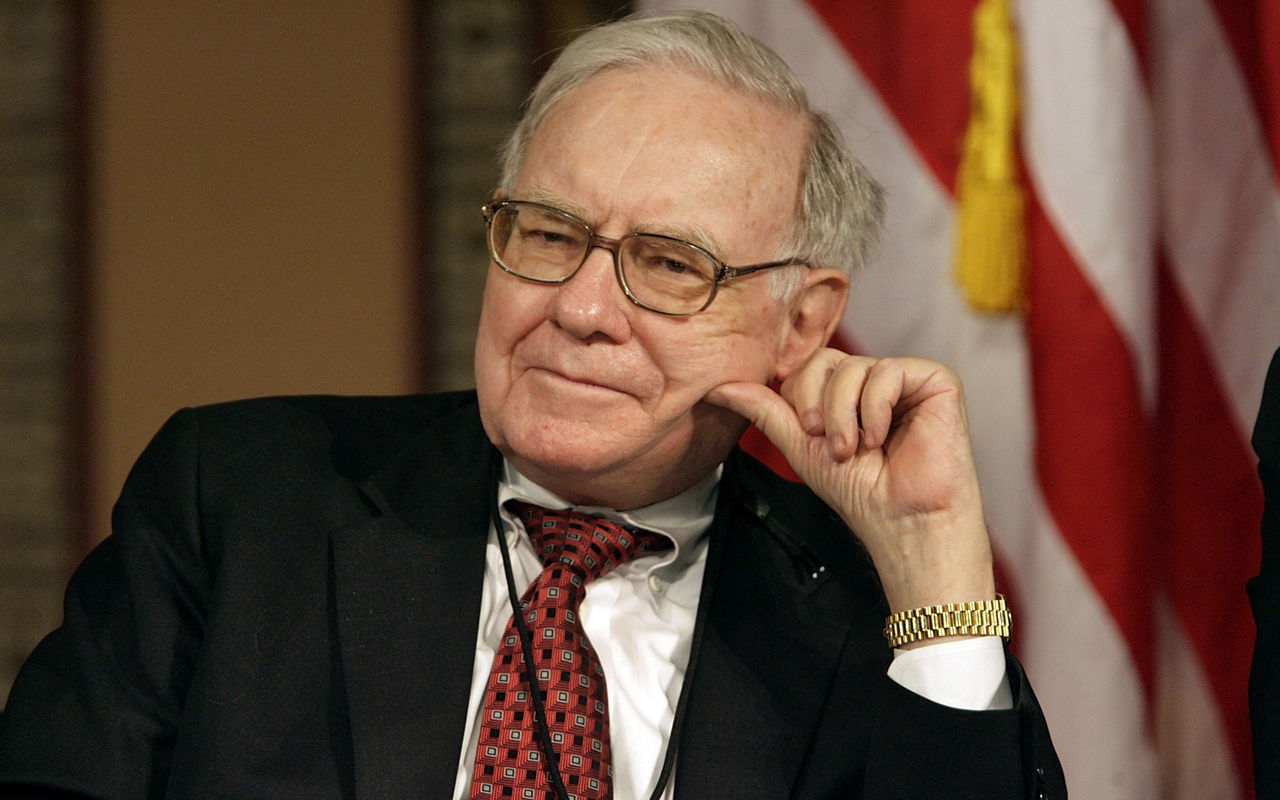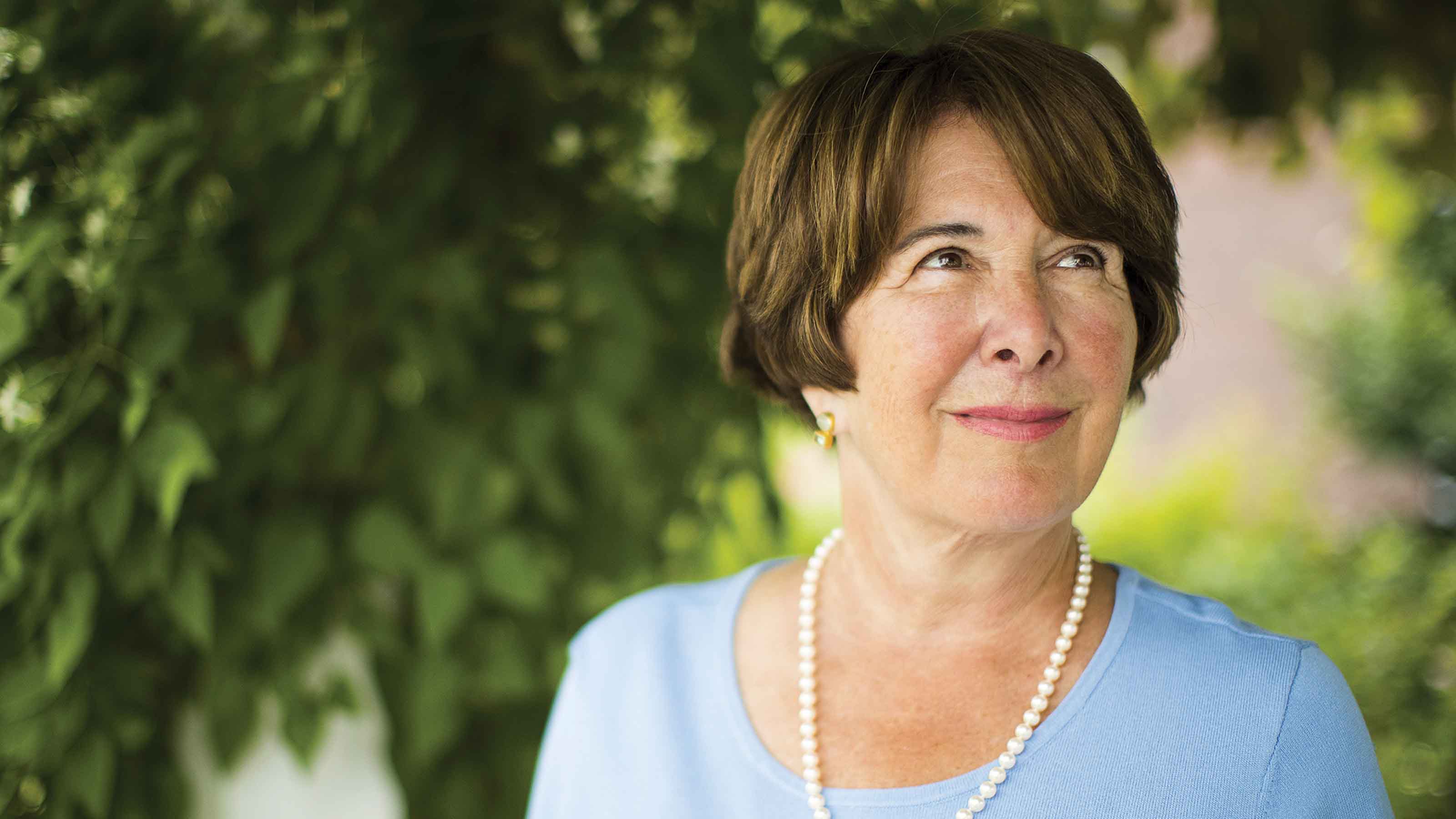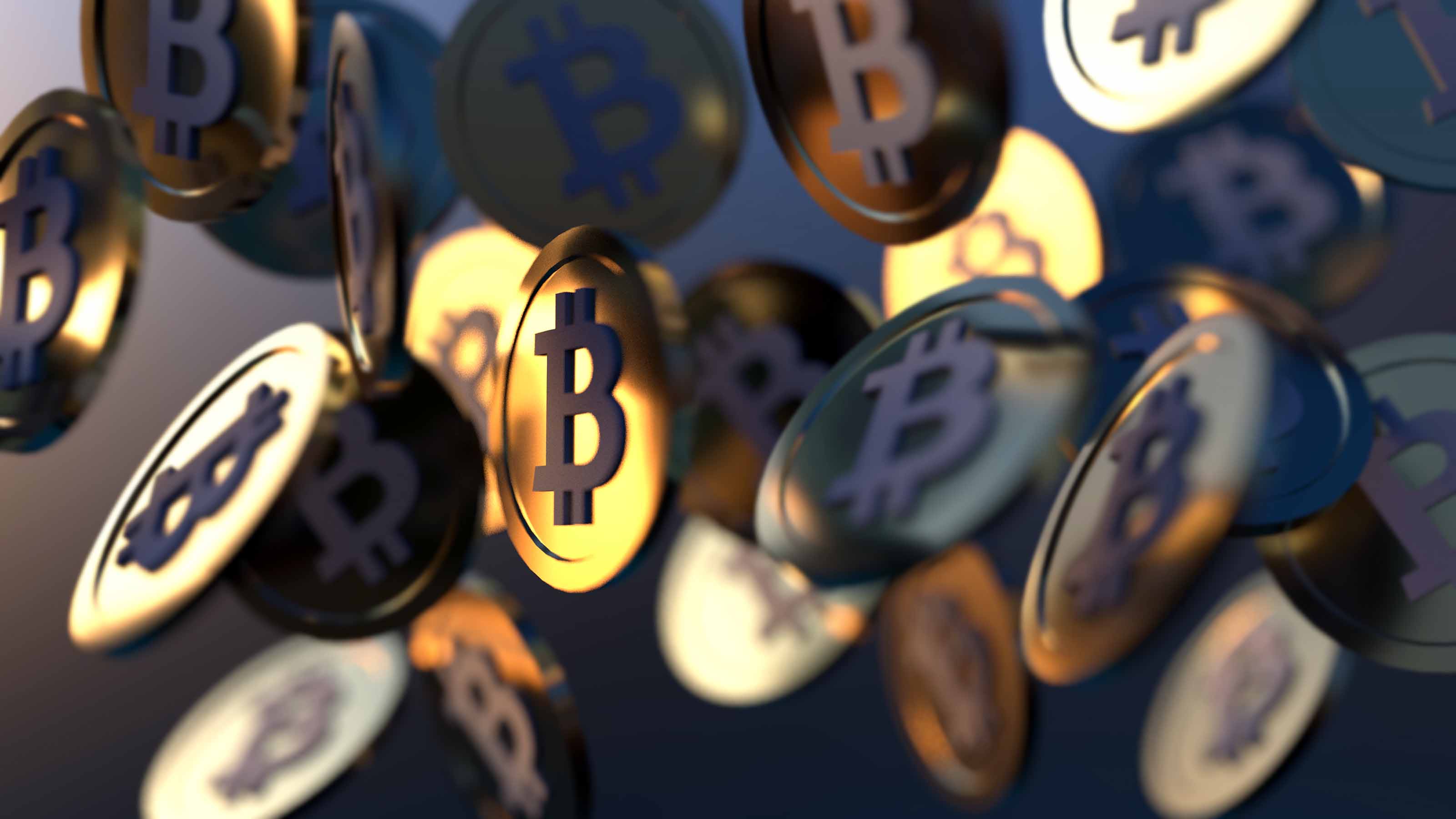Profit and prosper with the best of Kiplinger's advice on investing, taxes, retirement, personal finance and much more. Delivered daily. Enter your email in the box and click Sign Me Up.
You are now subscribed
Your newsletter sign-up was successful
Want to add more newsletters?

Delivered daily
Kiplinger Today
Profit and prosper with the best of Kiplinger's advice on investing, taxes, retirement, personal finance and much more delivered daily. Smart money moves start here.

Sent five days a week
Kiplinger A Step Ahead
Get practical help to make better financial decisions in your everyday life, from spending to savings on top deals.

Delivered daily
Kiplinger Closing Bell
Get today's biggest financial and investing headlines delivered to your inbox every day the U.S. stock market is open.

Sent twice a week
Kiplinger Adviser Intel
Financial pros across the country share best practices and fresh tactics to preserve and grow your wealth.

Delivered weekly
Kiplinger Tax Tips
Trim your federal and state tax bills with practical tax-planning and tax-cutting strategies.

Sent twice a week
Kiplinger Retirement Tips
Your twice-a-week guide to planning and enjoying a financially secure and richly rewarding retirement

Sent bimonthly.
Kiplinger Adviser Angle
Insights for advisers, wealth managers and other financial professionals.

Sent twice a week
Kiplinger Investing Weekly
Your twice-a-week roundup of promising stocks, funds, companies and industries you should consider, ones you should avoid, and why.

Sent weekly for six weeks
Kiplinger Invest for Retirement
Your step-by-step six-part series on how to invest for retirement, from devising a successful strategy to exactly which investments to choose.
Have you ever been on a diet and walked past a plate of fresh chocolate-chip cookies without taking one, only to give in to temptation on the second or third pass? If it seems as if you’ve run out of willpower, it’s because you have.
Willpower is a finite resource. What’s more, we don’t have separate buckets of willpower for different challenges. That means if you deplete your reserves resisting fattening treats, you’ll be more likely to succumb to other temptations—such as running up your credit card bill.
The nature of willpower is neatly summed up in an experiment by Roy Baumeister, a Florida State University psychology professor. Baumeister had groups of students fast, then he cruelly placed them in a room with warm chocolate-chip cookies and raw radishes. Some students were told they could help themselves to the cookies; some could eat only the radishes.
From just $107.88 $24.99 for Kiplinger Personal Finance
Become a smarter, better informed investor. Subscribe from just $107.88 $24.99, plus get up to 4 Special Issues

Sign up for Kiplinger’s Free Newsletters
Profit and prosper with the best of expert advice on investing, taxes, retirement, personal finance and more - straight to your e-mail.
Profit and prosper with the best of expert advice - straight to your e-mail.
Those assigned to eat the radishes resisted the cookies, with effort. Some even picked up a cookie to inhale the chocolatey aroma before finally biting into a radish. Afterward, the students were assigned to work on puzzles that they didn’t know were insolvable. Those allowed to eat the cookies persevered on the puzzles more than twice as long as the radish-eaters. A group of hungry students who weren’t given any food also worked on the puzzles longer. Conclusion: The mere struggle to resist the cookies lowered willpower reserves.
Strengthen Your Resolve
It turns out that willpower is greatly influenced by body chemistry—specifically, blood-sugar levels. Low blood sugar makes you more anxious and prone to overreaction. Studies show that low blood sugar contributes to everything from traffic violations to spousal abuse.
So when you struggle with a challenge to your mental resolve, you use up more blood sugar and effectively lessen your self-control. Baumeister has devoted a book to describing how willpower works and how to use it to our advantage. Willpower: Rediscovering the Greatest Human Strength, penned along with New York Times science writer John Tierney (Penguin Books, $28), is worth the price for the chapter on the futility of dieting and better ways to reach a healthy weight.
Self-control starts with setting goals and monitoring your behavior. For your finances, the writers endorse using a service such as Mint.com, which not only allows you to track your spending but also lets you see if you’re staying within your budgetary goals.
Experiments show that such financial discipline strengthens your willpower, just as exercise strengthens your muscles. Consider a study done by Megan Oaten and Ken Cheng, researchers at Macquarie University, in Sydney, Australia. A group of subjects went through a four-month financial program that included monitoring income, saving and spending. Not only did this group save more than those not in the program, they also exhibited more self-control in other tasks. It turns out that just as our single store of willpower can be sapped by different temptations, building up discipline in one area (say, exercising regularly or keeping a neat office) translates to more discipline generally.
Long-term discipline can yield lifelong rewards. “I was brought up to save money,” says Baumeister. “My parents trained me well.” So well, in fact, that when he and his wife come into extra money, they sometimes have to force themselves to spend 10% to 20% of it on stuff they like but don’t necessarily need.
Baumeister says we should not depend solely on our limited store of willpower to withstand temptation. Rather, we should play offense by removing temptations. In finance, that could mean not checking your portfolio constantly, which can lead to unnecessary and expensive trades. And don’t shop or make important financial decisions when you’re hungry and not well rested.
Robert Frick is a senior editor at Kiplinger’s Personal Finance.
Profit and prosper with the best of Kiplinger's advice on investing, taxes, retirement, personal finance and much more. Delivered daily. Enter your email in the box and click Sign Me Up.

-
 How Much It Costs to Host a Super Bowl Party in 2026
How Much It Costs to Host a Super Bowl Party in 2026Hosting a Super Bowl party in 2026 could cost you. Here's a breakdown of food, drink and entertainment costs — plus ways to save.
-
 3 Reasons to Use a 5-Year CD As You Approach Retirement
3 Reasons to Use a 5-Year CD As You Approach RetirementA five-year CD can help you reach other milestones as you approach retirement.
-
 Your Adult Kids Are Doing Fine. Is It Time To Spend Some of Their Inheritance?
Your Adult Kids Are Doing Fine. Is It Time To Spend Some of Their Inheritance?If your kids are successful, do they need an inheritance? Ask yourself these four questions before passing down another dollar.
-
 How I'm Going to Invest My Mega Millions Lottery Jackpot
How I'm Going to Invest My Mega Millions Lottery JackpotThe odds of winning the Mega Millions lottery are effectively zero, but here's how I'm investing my fortune should I hit the jackpot.
-
 Four Random Facts and Thoughts About Warren Buffett
Four Random Facts and Thoughts About Warren BuffettIf I love Warren Buffett so much why don't I just marry him?
-
 Investing in Gold Is Dumb
Investing in Gold Is DumbStocks are better than gold for both generating wealth and offering protection against inflation.
-
 What's So Scary About a Mega-Cap Tech Bull Market?
What's So Scary About a Mega-Cap Tech Bull Market?Bears say the market can't keep rallying when only five mega-cap tech stocks are driving returns, but history suggests otherwise.
-
 We Are Not in a Bull Market
We Are Not in a Bull MarketIt takes more than a 20% gain off the low to proclaim the beginning of a new bull market.
-
 Why I Don't Buy Stocks
Why I Don't Buy StocksIt's nearly impossible to beat the market – but it is cheap and easy to match it.
-
 Amy Domini on the Secrets of Sustainable Investing
Amy Domini on the Secrets of Sustainable InvestingESG An ESG pioneer says finding good corporate citizens is the best way to make money.
-
 New Ways to Invest in Bitcoin
New Ways to Invest in BitcoinBecoming an Investor ProShares Bitcoin Strategy and other ETFs offer an easier way to gain bitcoin exposure than buying the actual cryptocurrency.
